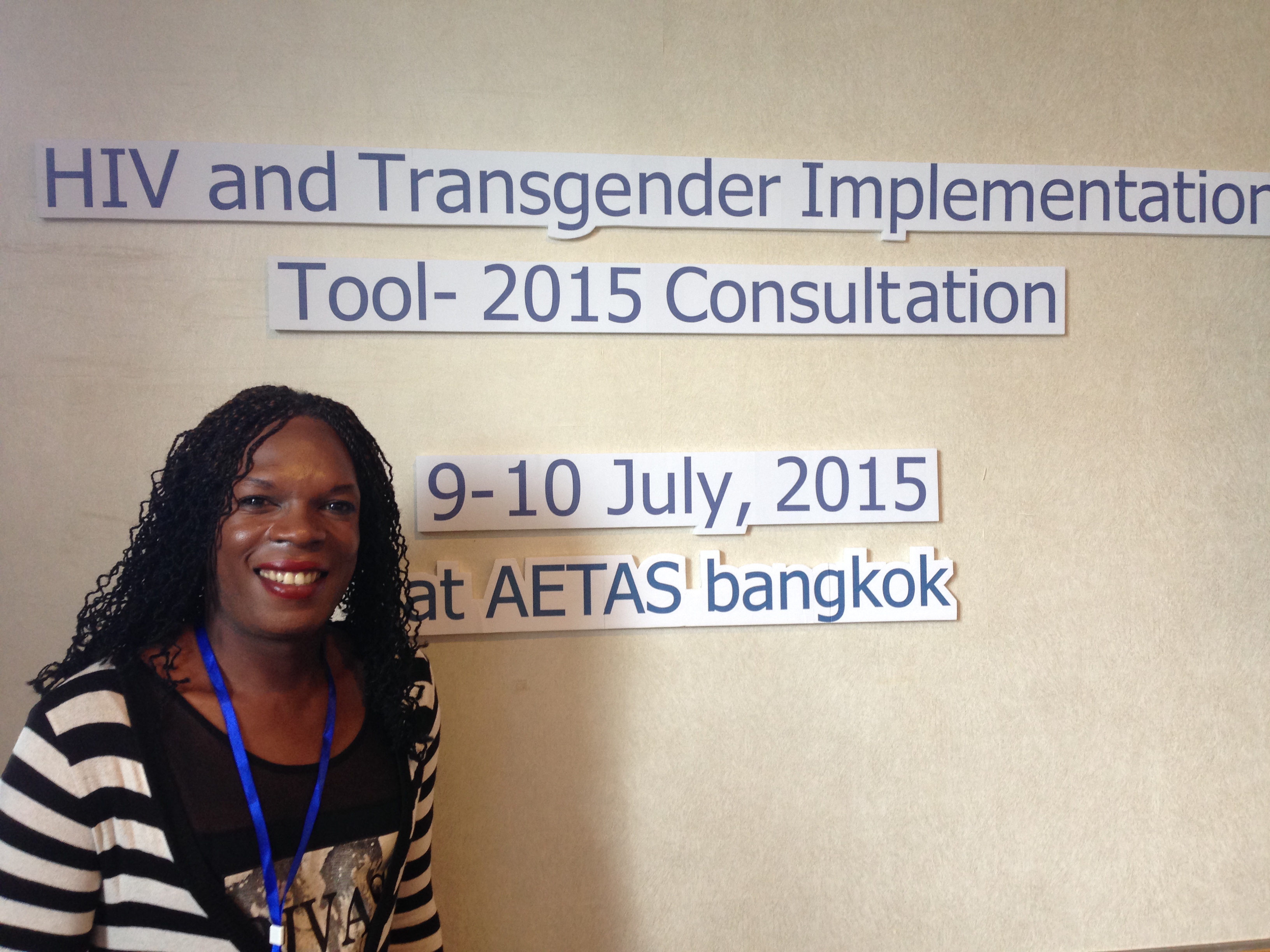Written by Beyonce Karungi, Transgender Rights Activist and Executive Director of Transgender Equality Uganda
I am a transgender woman. I could not be otherwise. I am often questioned by people in and outside of Uganda about my identity. They wonder how I manage to live in an extremely conservative country with such high rates of transphobia. Honestly, I often fail to find an easy answer.
People in Uganda do talk about human rights for transgender people. It is a very beautiful thing to hear from all of you allies who are not transgendered. But it may shock you to learn that — from the standpoint of a transgender woman like myself — our human rights and unique challenges are not addressed and not given the attention they deserve. In fact, most people in this country do not know what it is or what it means to be transgender. Most see it as something from another world, and few understand our lived realities.
Since childhood, I have always felt I was a girl. I have never felt like a boy, a man, or a male. Yes, I was born physically male, but I have always known that my mind was female. As a child, I liked to play with dolls and I kept the company of girls. When I was six years old, I began wearing my sisters’ dresses. When I played with dolls and wore dresses, I felt like a girl, and it felt right. I was happy and I felt normal because I was the real me. At school, I played only with girls. I wanted to feel right, and I wanted a woman’s name to reflect my true self. I used to watch performances of the rhythm and blues group, Destiny’s Child, and I fell in love with the name of one its members, Beyoncé, so I chose that name for my true self. That would seem to be a simple solution, but growing up was not easy.
I was not accepted at home, or in the community or by the government. Civilians and police officers would beat me up because I was transgender. When I was beaten very badly, my friends would take me to the hospital for the treatment of my wounds. Even my own family did not accept my identity. My dad told my school teachers that I feared boys. Everyone in Fort Portal (the rural town where I grew up) knew I was different, that I stood out. No one in my community understood what I was going through, and they called me gay and thought I was a homosexual. I have never been either, yet people in Fort Portal still see me that way.
At a very tender age, when all hope was lost, I began sex work because I wanted to earn money for my education. It had to be sex work because there were no other jobs available for a transgender woman in a land where that identity is a taboo.
Because my community and my family rejected me, I soon moved to Kampala with my friends who had introduced me to sex work. I continued to do sex work there because it was the only way I could make a living in that vast transphobic city.
In Kampala, where I had hoped for a better life, I was met with the harsh realities of a transphobic culture. People threw me out of clubs and pubs because I was a trans woman. I suffered physical violence and harassment, including being burned with cigarettes. I was harassed by the police, including an instance when the police undressed me, took my bag, my money, and my phone. The police even cut my hair to make me look more masculine; they said they wanted to make me a “proper man.” I cannot stop weeping when I remember the day a client, who did not want to use a condom, raped me at gun point. I escaped with my life, leaving my phone, money, and other accessories in his house. I could not report the rape to the authorities because of my transgender identity. This harsh reality still hurts.
There is no real protection for transgender people in most African countries. Our governments can say that they are protecting the rights of gender minorities, but from our standpoint and lived experiences there is no such thing in most African countries including my own — Uganda.

